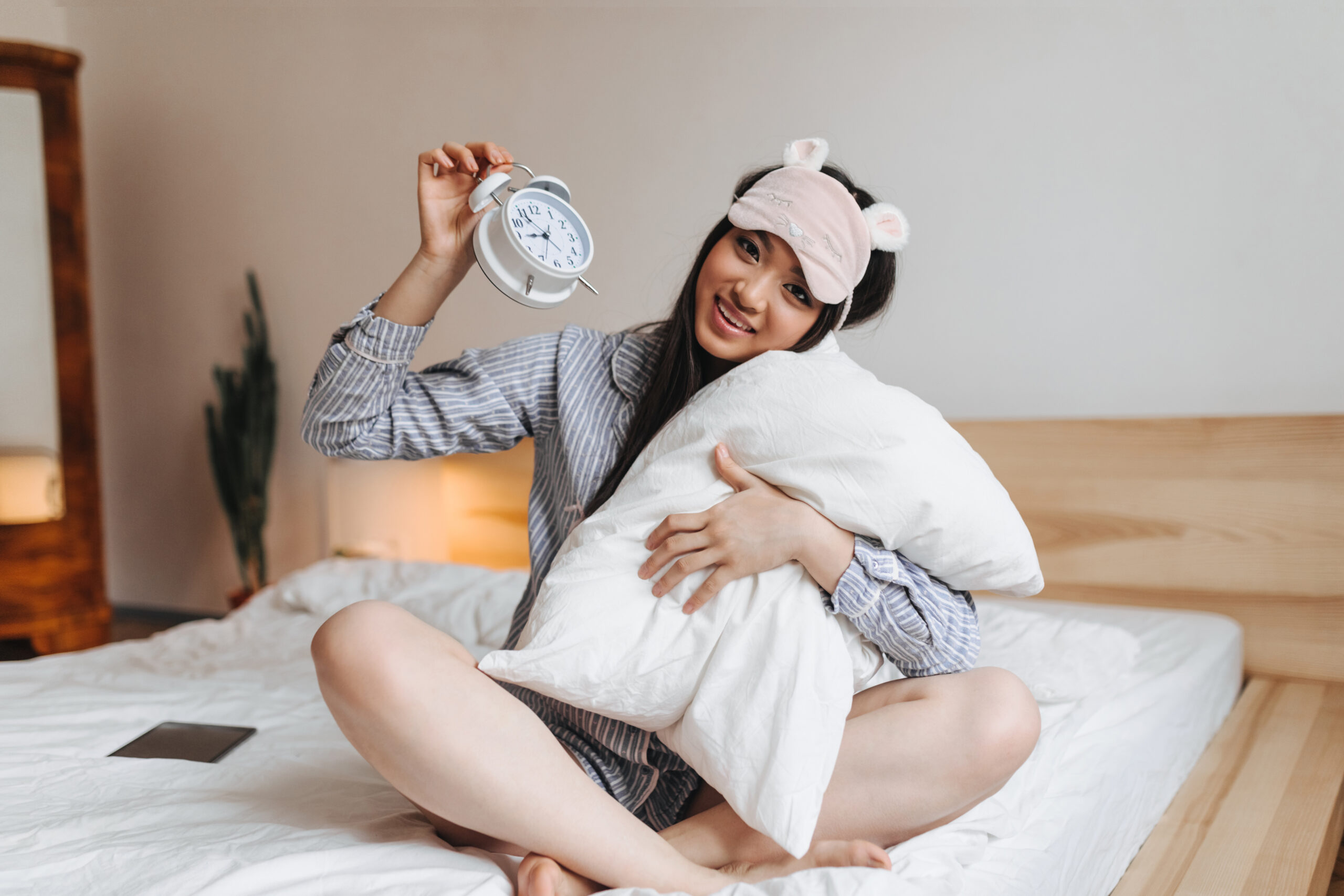Natural Ways to Sleep Better: A Complete Guide for Restful Nights
Introduction
Sleep is not just rest—it’s one of the most essential pillars of good health, alongside diet and exercise. Yet, millions of people struggle with poor sleep quality, insomnia, or irregular sleeping patterns. While sleeping pills may offer temporary relief, natural methods are far more sustainable, safe, and beneficial in the long run.
This guide explores proven natural ways to sleep better, covering lifestyle changes, diet improvements, stress management, relaxation methods, and environmental adjustments.
By the end, you’ll have a step-by-step roadmap to transform your sleep and wake up refreshed, energized, and focused every single day.
1. Why Quality Sleep Matters
Before diving into solutions, it’s important to understand why sleep is so critical.
-
Restores energy: Recharges your brain and body.
-
Boosts immunity: Helps fight infections and diseases.
-
Improves mood: Reduces irritability and anxiety.
-
Supports memory: Consolidates learning and focus.
-
Enhances metabolism: Poor sleep can lead to weight gain.
Without good sleep, productivity drops, stress increases, and long-term health issues like heart disease, diabetes, and depression become more likely.
2. Common Reasons Behind Poor Sleep
Understanding the root cause is key to fixing sleep problems naturally.
-
Stress and Anxiety: Overthinking before bed keeps the mind active.
-
Caffeine Intake: Drinking coffee or energy drinks late in the day disrupts sleep cycles.
-
Screen Time: Blue light from phones and laptops affects melatonin production.
-
Irregular Sleep Schedule: Inconsistent bedtime confuses your body clock.
-
Uncomfortable Bedroom: Noise, light, or wrong mattress disrupts rest.
-
Diet Choices: Heavy or spicy meals late at night affect digestion and sleep.
3. Natural Ways to Sleep Better
Here’s a breakdown of the most effective natural remedies:
3.1 Create a Consistent Sleep Schedule
-
Go to bed and wake up at the same time every day.
-
Helps regulate the body’s circadian rhythm.
3.2 Limit Screen Time Before Bed
-
Avoid phones, laptops, or TV at least 1 hour before sleeping.
-
Use blue-light filters or glasses if necessary.
3.3 Relaxation Techniques
-
Deep Breathing Exercises – Calms the nervous system.
-
Progressive Muscle Relaxation – Tense and relax muscles to release tension.
-
Meditation & Mindfulness – Clears racing thoughts.
-
Yoga Before Bed – Light stretching helps relax the body.
3.4 Improve Your Sleep Environment
-
Keep the room dark (use blackout curtains).
-
Maintain cool temperature (60–67°F / 15–20°C).
-
Invest in a quality mattress and pillows.
-
Reduce noise with earplugs or white noise machines.
3.5 Watch What You Eat and Drink
-
Avoid caffeine and nicotine in the evening.
-
Reduce alcohol—it disrupts REM sleep.
-
Eat light dinners, rich in sleep-friendly foods like:
-
Bananas 🍌 (contain magnesium & tryptophan)
-
Warm milk 🥛 (boosts melatonin)
-
Nuts & seeds 🌰 (source of magnesium & melatonin)
-
Herbal teas 🍵 (chamomile, valerian root, lavender)
-
3.6 Exercise Regularly
-
30 minutes of walking, jogging, or yoga can improve sleep.
-
Avoid heavy workouts close to bedtime.
3.7 Try Natural Sleep Aids (Non-Medication)
-
Chamomile Tea – Reduces anxiety.
-
Lavender Essential Oil – Promotes relaxation.
-
Magnesium Supplements – Helps regulate melatonin.
-
Valerian Root – Herbal remedy for insomnia.
4. Mindset and Mental Health
-
Write down worries in a sleep journal before bed.
-
Practice gratitude journaling—positive thoughts improve relaxation.
-
Avoid overthinking and create a calming bedtime ritual.
5. Long-Term Lifestyle Adjustments
-
Stick to daily routines (eating, working, sleeping).
-
Spend time outdoors in natural sunlight (regulates circadian rhythm).
-
Limit naps to 20–30 minutes during the day.
6. When to Seek Professional Help
Natural remedies work for most, but if sleep issues persist, consult a doctor. You may be experiencing:
-
Sleep apnea
-
Chronic insomnia
-
Restless leg syndrome
-
Anxiety or depression disorders
Conclusion
Improving sleep naturally requires a combination of healthy lifestyle choices, relaxation techniques, and a supportive sleep environment. Unlike medication, these strategies not only help you sleep better but also improve your overall health, mood, and energy levels.
So tonight, put away your phone, sip some chamomile tea, and let your body relax. Sleep is your body’s best medicine—embrace it naturally. 🌙✨














Post Comment